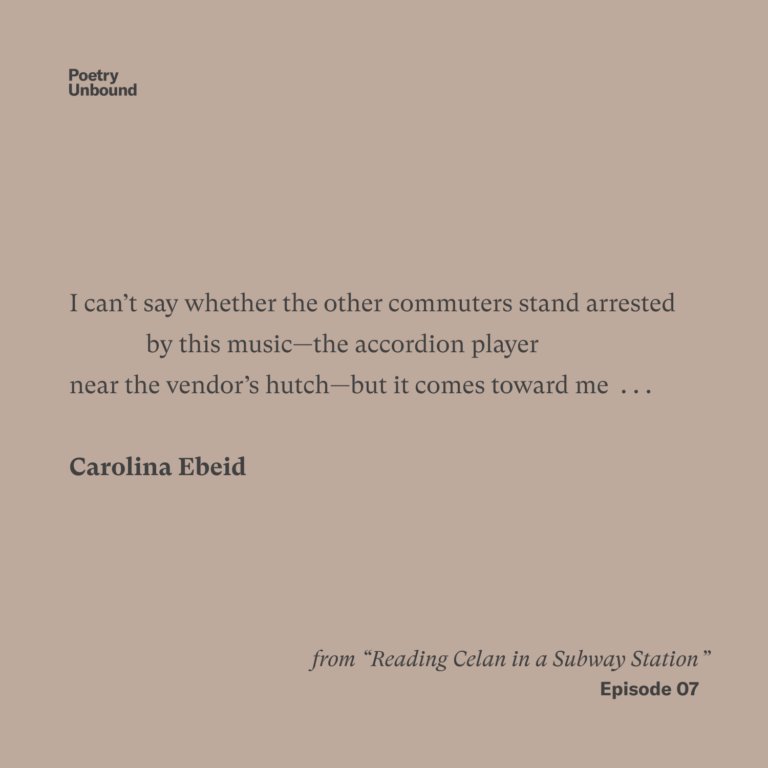Bob Dylan: Old Testament Language, Beat Poetics, and a Theology of Service
To lift a phrase from Willie, Bob Dylan has been through many phases and stages. None has been more bewildering and disconcercing for fans than his born-again-Christian phase, which was represented in the late 1970s and early ’80s by the album trilogy Slow Train Coming, Saved, and Shot of Love. But under closer scrutiny, this move actually makes sense.
It’s hard to believe now, especially after punk changed the musical landscape, but, in the 1960s, rock stars were treated like gods — and none more so than Dylan. People actually thought that Dylan could tell them the meaning of life. Dylan described how he felt about that in the song “Idiot Wind” on his masterpiece album Blood on the Tracks:
People see me all the time and they just can’t remember how to act
Their minds are filled with big ideas, images, and distorted facts
Even you, yesterday, you had to ask me where it was at
I couldn’t believe after all these years, you didn’t know me better than that
Slow Train‘s “Gotta Serve Somebody” further deepens Dylan’s deep discomfort with the particular form of hero-worship intrinsic to the cultural movement he sparked — and his desire to throw off the godlike mantle the public insisted on bestowing upon him:
You may be an ambassador to England or France
You may like to gamble, you might like to dance
You may be the heavyweight champion of the world
You may be a socialite with a long string of pearlsBut you’re gonna have to serve somebody, yes indeed
You’re gonna have to serve somebody
Well, it may be the devil or it may be the Lord
But you’re gonna have to serve somebody.
If people want to treat you like a god and you are relatively sane, what do you do?
Well, you can submit yourself to the God of the Ages, the God of the Scriptures. Not the choice many countercultural heroes might make, but understandable. As far as I can gather, Dylan had a sort of conversion moment when he felt the touch of Jesus on his shoulder.
The typical Dylan fan didn’t really want to hear songs about Jesus. But, Dylan being Dylan, people (myself included) gave him a listen. There was good stuff to hear. Slow Train, the first of the albums, featured Mark Knopfler, who didn’t know what the songs were about when he signed on, but brought a wonderful, warm guitar sound to the project. Knopfler went on to produce Dylan’s stellar post-born again release, Infidels, in 1983.
One of the greatest songs to emerge from this period was “Every Grain of Sand”:
In the time of my confession, in the hour of my deepest need
When the pool of tears beneath my feet flood every newborn seed
There’s a dyin’ voice within me reaching out somewhere
Toiling in the danger and in the morals of despairDon’t have the inclination to look back on any mistake
Like Cain, I now behold this chain of events that I must break
In the fury of the moment I can see the Master’s hand
In every leaf that trembles, in every grain of sandOh, the flowers of indulgence and the weeds of yesteryear
Like criminals, they have choked the breath of conscience and good cheer
The sun beat down upon the steps of time to light the way
To ease the pain of idleness and the memory of decayI gaze into the doorway of temptation’s angry flame
And every time I pass that way I always hear my name
Then onward in my journey I come to understand
That every hair is numbered like every grain of sandI have gone from rags to riches in the sorrow of the night
In the violence of a summer’s dream, in the chill of a wintry light
In the bitter dance of loneliness fading into space
In the broken mirror of innocence on each forgotten faceI hear the ancient footsteps like the motion of the sea
Sometimes I turn, there’s someone there, other times it’s only me
I am hanging in the balance of the reality of man
Like every sparrow falling, like every grain of sand
With these lyrics, Dylan wrestles with the uncertainty and pain of his “hour of deepest need.” He emerges seeing that all life as imbued with meaning, even (or especially) when that meaning is obscured by suffering — a perspective strongly reminiscent of a Calvinist worldview.
Some quick theological history: Calvinism was the second great strand of the Protestant Reformation. The first was shaped by Martin Luther, who kicked the whole thing off in 1517. Calvinism, named for its founder, John Calvin, proposed the doctrine of predestination. The Puritans were Calvinists, so when they saw the indigenous people in the New World dying of disease, they figured it was a matter of divine providence.
It’s easy to see how this is problematic, tempting one to cede responsibility for one’s actions. Yet, still, there is a sense that there might be layers of existence — an idea that echoes in the canons of other faiths. In the Bhagavad Gita, Krishna counseled Prince Arjuna not to worry about waging war against his own cousins, since he must fulfill his destiny, and that, at any rate, all things have already happened.
This is what I think of when I hear Dylan sing:
“In the fury of the moment I can see the Master’s hand / In every leaf that trembles, in every grain of sand.”
All of us experience moments when life seems out of control, or when, as with Arjuna, there are no good choices. This is when we have a yearning to know that our pain isn’t arbitrary; that, like the old gospel song says, “Further along, we’ll know more about it / Further along, we’ll understand why.”
The concluding sparrow reference is to Matthew 10:29. Here, we understand that the Calvinist worldview is not just a way to make sense of seeming chaos, but also a way of expressing awe at the sheer impossibility of existence, characterized by complexity almost beyond comprehension.
I don’t know how much Dylan still subscribes to this sort of theology. But I did see in his recent interview in the AARP magazine that, if he hadn’t been a musician and songwriter, he would have liked to have been a history teacher — a marker, again, of Dylan’s essential humility. After all, history is manifestly not about oneself. It’s about other times and places, and the people, famous and not, that dwelled and acted there.
As volume one of his memoir Chronicles shows, Dylan was never motivated by stardom. He was motivated by a love of songs. He knew hundreds of traditional songs by the time he arrived in New York City in early 1961. This is not to say that he didn’t want to do something very significant with his music. He knew that blending Old Testament language with Beat poetics would create a lyric style that would set him apart from the crowd. He was ambitious.
In the Infidels track, “Don’t Fall Apart On Me Tonight,” Dylan sings:
“I wish I’d have been a doctor / Maybe I’d have saved some life that had been lost / Maybe I’d have done some good in the world / ’Stead of burning every bridge I crossed.”
He may have saved more lives than he knows. Showing people the power of language and helping them to fall in love with it is no small thing. When I was young and didn’t know what I could offer in this life, he showed me it could have something to do with that love. I’m not sure what kind of service Dylan had in mind when he composed “Gotta Serve Somebody,” but the beauty and honesty of his work is as good an offering to his Divine — and to humanity — as one could hope for in this world.


Share your reflection